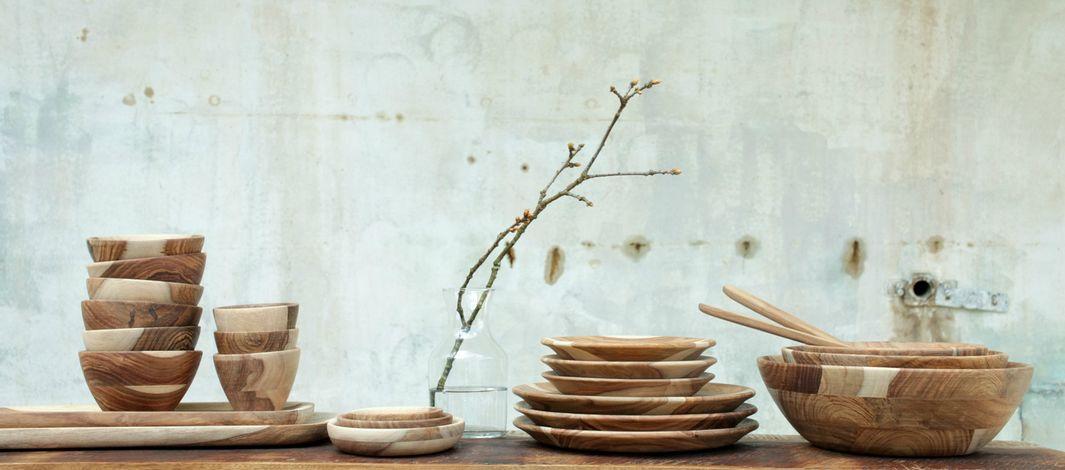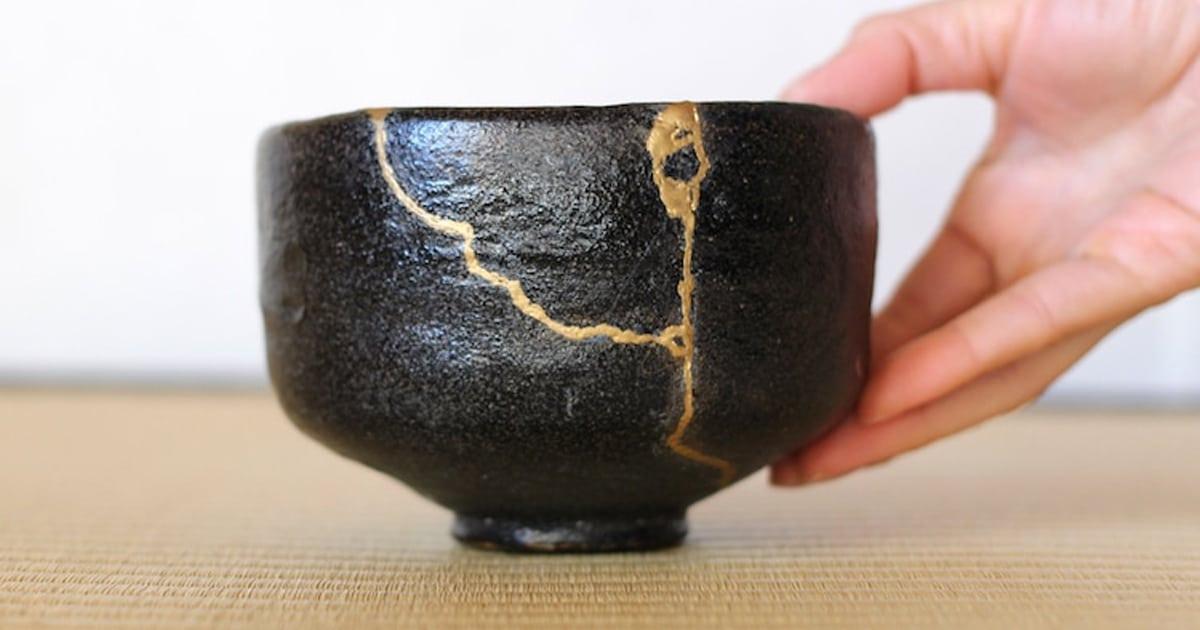
3 minute read
Wabi-Sabi - Rhea Puri and Yeonju Woo 11MWD
WABI-SABI
Rhea Puri and Yeonju Woo 11MWD
Advertisement
To find art in the unexpected is to find art in life as it is, seeing how it is the epitome of uncertainty and unpredictability, for everyone. What we see today, we perceive differently tomorrow and what we perceived then, we see differently now. Although art embodies a different purpose altogether in each of our independent lives, the act of discovering art in the unprecedented and uncalled for is a much more universal experience than we realise. Of course, in a more pragmatic sense, art itself cannot solely embody a philosophical or poetic purpose; however, with the phenomenon of ‘Wabi-sabi’ , it moulds itself into a form of art, unique to each onlooker or individual.
Wabi-sabi refers to an intuitive appreciation for a transient beauty that embraces the flow of life at its truest and rawest. It thrives in the most natural, modest and imperfect forms; underlining a beauty in the impermanence of all things. By exploring wabi-sabi, you swim against the tide of standardized and artificial modern ideals. Wabi-sabi invites contemplation and detachment, rather than perfection. It accepts the impermanence of the many things we encounter in life. It emphasizes the irreversibility of time and the ephemeral nature of all. It reminds us to appreciate the humble beauty of simple things, patinated by time and the trials of life. Hence, to learn more about Wabi-sabi is to learn to see life with an appreciative perception rather than to instantly belittle or dismiss, enabling us to perhaps even delve deeper into the streams of our thoughts. Amongst a myriad of endless examples, Kintsugi is an ancestral technique, developed in Japan during the fifteenth century, which consists of repairing a broken object by accentuating its cracks with gold—instead of fixing the broken
ceramic with an artificial adhesive, concealing and camouflaging its imperfections. This technique employs the use of tree sap dusted with powdered gold or silver. After its completion, as seams of gold appear through the conspicuous cracks of pottery, it celebrates the repair of the broken ceramic.
Kintsugi also fits into the Japanese concept of wabi-sabi, inviting you to embrace the beauty of simple, imperfect, and atypical things. It is inviting you to discern art in what would otherwise be subject to barely a prosaic glance or two.
As legend has it, a famous tea master of the Japanese emperor, Sen no Rikyu was once invited to dinner. To honour Rikyu, his host offered him a very old and precious Chinese vase.
The tea master wouldn’t even look at the gift, but instead commented on the beauty of the countryside and admired a tree branch that was gently moving in the wind. After his guest had left, the host shattered the vase in anger and frustration. His friends, a bit wiser than the tea master, collected all the pieces of the broken vase and repaired it using the art of kintsugi. During his next visit, Sen no Rikyu saw the vase with its brilliant golden lines and cried out, “Now it is magnificent!”
Rikyu saw the vase with its brilliant golden lines and cried out, “Now it is magnificent!”
Wabi-sabi is intimately intertwined with this fundamental relationship with nature. It relates to the acceptance of the transience of all things, and the experiencing of life with all the senses. The principles of wabi-sabi show that is that acceptance is a decision, as it teaches you to accept the imperfect. In a similar concept, it is suggesting that you should also learn to accept what may go wrong and go haywire in your life. It may inspire you to find your own gentle rhythm and discover happiness right where you are, perhaps finding a new beginning (by realizing where you are, you can move forward from there, with this as your new starting point).
Stay open. Make room for small miracles. And take your time. There really is no desperate hurry. If you constantly pursue perfection, our life speeds up. We’ll end up rushing and making hasty judgements. Wabi-sabi offers an opportunity to pause, reflect, check in with yourself and your surroundings. You’ll likely feel more relieved, and make better choices.










